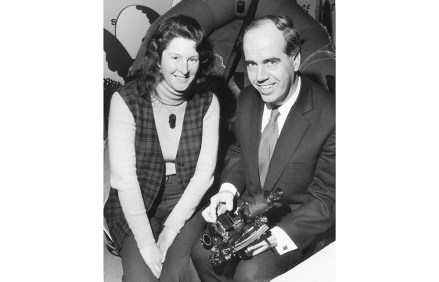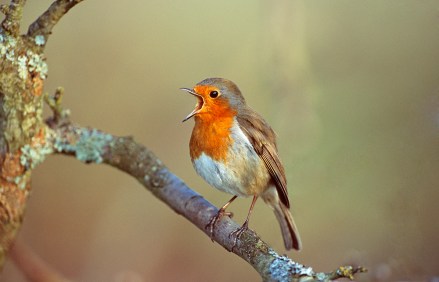Notes on the natural world: an exquisite collection from Kathleen Jamie
‘Let me leave Cairn here as a trail marker, a moment noted, a view from the strange here-and-now,’ Kathleen Jamie states towards the end of the prologue to her exquisite new collection of writings. In more than 40 micro-essays and poems, her keen-eyed view encompasses both an uninhabited island far out at sea and a piece of flint in her hand; it accommodates surfacing memories and also peers into the uncertain future awaiting the next generation. A balanced tower of ultra-short pieces is a new form for Jamie, the Scottish makar (or national poet), who also pens longer pieces of nature writing, collected into the genre-expanding works: Findings, Sightlines and




